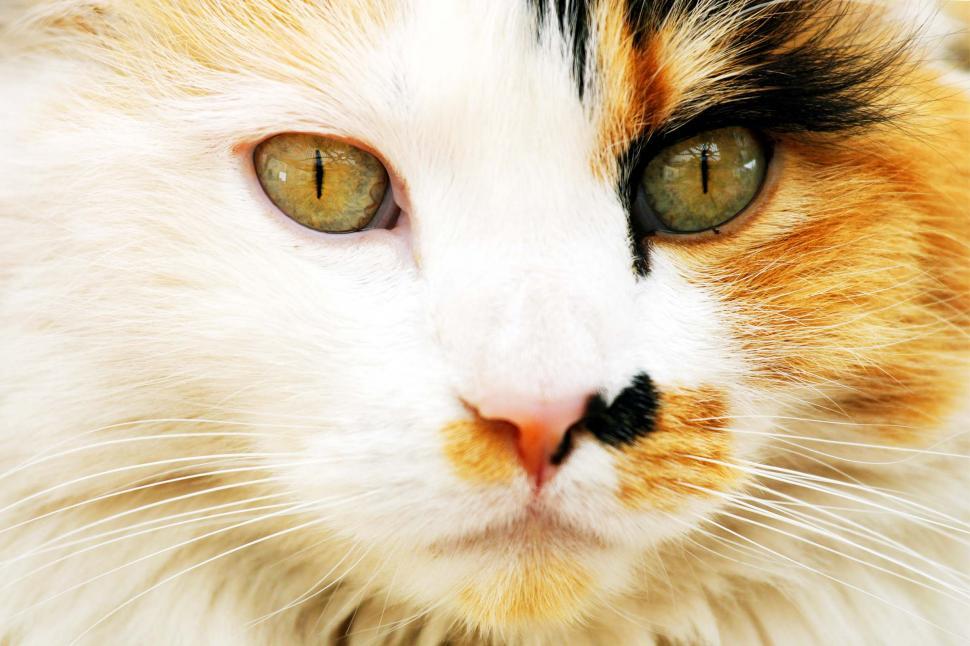Litter Box Rules: Placement Tips for a Delighted Home
Litter Box Rules: Placement Tips for a Delighted Home
Blog Article

Felines are precious companions in countless homes worldwide, and part of the obligation of feline ownership involves picking the best litter and litter box that suits both the needs of our feline good friends and our own. With a myriad of choices readily available, navigating through the options can be overwhelming. This guide intends to streamline that process, supplying you with everything you need to understand about cat litter, litter boxes, and systems.
The initial step in feline care is selecting the ideal cat litter. Options range from clumping, non-clumping, silica gel, natural, and natural varieties. Clumping litter is popular for its ease of cleansing, while non-clumping litter is frequently more affordable and still effective. Natural and organic litters offer environment-friendly options but can vary in their absorbency and smell control abilities.
Modern feline owners can select from a range of litter box systems, consisting of automated and self-cleaning models that offer benefit and lowered maintenance. These systems can be a considerable financial investment however are worth considering for those with busy way of lives.
Eco-conscious feline owners have several options, including eco-friendly and flushable feline litters that minimize environmental impact. Nevertheless, it is essential to stabilize convenience with environmental concerns, as some flushable litters may not be appropriate for all pipes systems.
Correct training is necessary, especially for kittens or cats transitioning to a new type of litter or box. Consistency and persistence are essential. Routine cleansing and upkeep of the litter box are vital for the health and wellness of your feline, along with for smell control in your house.
The pros and cons of different types of cat litter are vast. Silica gel litter is highly absorbent and long-lasting but can be more expensive. Natural litters, while safer for the environment, may not control smells as successfully as artificial alternatives. Comprehending the particular requirements of your feline and your preferences for maintenance can help in making the best choice.
When choosing a litter box, think about the size, shape, and design that will finest match your feline. Some cats prefer open boxes, while others like the privacy of a covered box. Senior felines and kittycats might require boxes with lower sides for easy access.
Odor control is a significant issue for lots of feline owners. Picking the best type of litter, regular cleaning, and utilizing devices like smell eliminators and litter mats can help keep your home smelling fresh.
The health monitoring litters readily available today can signal owners to possible health problems by changing color in response to modifications in pH or the existence of blood. Furthermore, the environmental impact of cat litter is a crucial factor to consider, with numerous owners opting for biodegradable or recycled alternatives.
Selecting the best cat litter, litter box, and maintenance regimen is vital for the health and happiness of your feline, along with for keeping a clean and odor-free home. By considering the requirements of your Walnut Shell Cat Litter cat and the practical elements of litter and litter box maintenance, you can create a comfy and hygienic environment for your furry friend.
How typically should I change my feline's litter? It depends upon the type of litter you're utilizing and how numerous cats utilize the box. Clumping litter should be scooped daily, with the whole box changed every 2-4 weeks. Non-clumping litter typically requires more regular changes.
Are automated litter boxes worth the investment? Selecting the right cat litter, litter box, and upkeep routine is necessary for the health and happiness of your feline, in addition to for keeping a clean cat litter and odor-free home. By thinking about the needs of your feline and the practical elements of litter and litter box maintenance, you can produce a comfortable and sanitary environment for your furry buddy. For lots of, the convenience and lowered maintenance of automated litter boxes make them a rewarding investment. Nevertheless, some cats might hesitate of them, so it's not a one-size-fits-all service.
Can diet affect litter box smell? Yes, a cat's diet plan can significantly affect the odor of their waste. Top quality, easily digestible foods tend to produce less stinky waste.
By understanding the large world of cat litter, litter boxes, and systems, you're well on your method to offering a tidy, comfortable, and sustainable environment for your feline.
Picking the right cat litter, litter box, and upkeep routine is important for the health and joy of your cat, in addition to for keeping a tidy and odor-free home. By considering the requirements of your feline and the practical aspects of litter and litter box upkeep, you can create a EcoFriendly Litter Boxes comfortable and sanitary environment for your furry good friend.